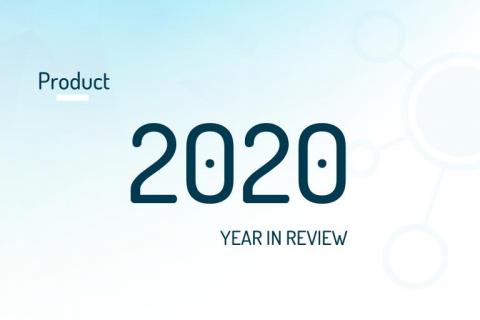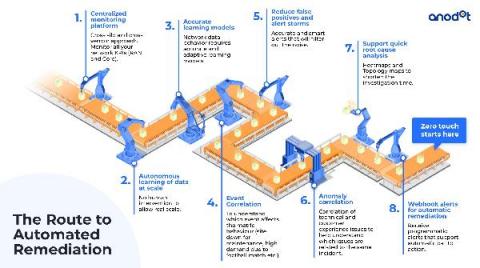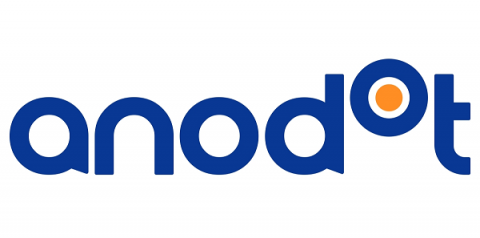Operations | Monitoring | ITSM | DevOps | Cloud
Alerting
2020 Year in Review
Obviously 2020 was a very challenging and disruptive year. And for IT it brought unexpected pressure, the status pages of many of our clients were quite busy with the move to remote work and operations. But every challenge brings the opportunity to improve.
How to get mobile push notifications from Spike.sh
When an issue happens in your software in production, the channel to send the alert on depends on multiple factors. If it's a critical issue requiring immediate attention, you should alert the team member via phone call. But not all issues require a phone call, and in fact it may become annoying if your phone keeps ringing for minor issues. This is where other channels like SMS, Slack and mobile push notifications come in.
Alert Fatigue and Your Health
As an on-call engineer, you might deal with the day-in, day-out occurrence of alerts. These alerts may come from your alerting provider (PagerDuty, OpsGenie, etc.), Slack notifications telling you the site is down, or the ever concerning text message "Hey, is the site down?". These alerts elicit reactions that range from "shit" to "again?" and in many cases, both.
How to add Scheduled Events to your Status Page?
The Route to Automated Remediation
An abundance of information can be daunting for any company. If internal teams do not know where the data is, it might hamper their efficiency at the cost of data quality and cleanliness. From a cost-effectiveness viewpoint, organizations are likely to waste excessively by hanging on to redundant data or storing varied data in one location irrespective of their sensitivity level.
The Road to Zero Touch Goes Through Machine Learning
The telecom industry is in the midst of a massive shift to new service offerings enabled by 5G and edge computing technologies. With this digital transformation, networks and network services are becoming increasingly complex: RAN, Core and Transport are only a few of the network’s many layers and integrated components. Today’s telecom engineers are expected to handle, manage, optimize, monitor and troubleshoot multi-technology and multi-vendor networks.
How to add Scheduled Events to your Status Page?
In this post, I will explain how to add Scheduled Events to your Status Page.
Correlation Analysis Explained
Using OnPage to Deliver Exceptional Customer Support
The OnPage Customer Support team consists of knowledgeable, friendly technicians that offer 24/7 assistance. Support recognizes the importance of client relationships and always aims to achieve maximum customer satisfaction. The OnPage incident management system is at the center of Support’s quality service delivery. OnPage triggers instant, critical mobile alerts to technicians whenever customer-initiated tickets are created.











